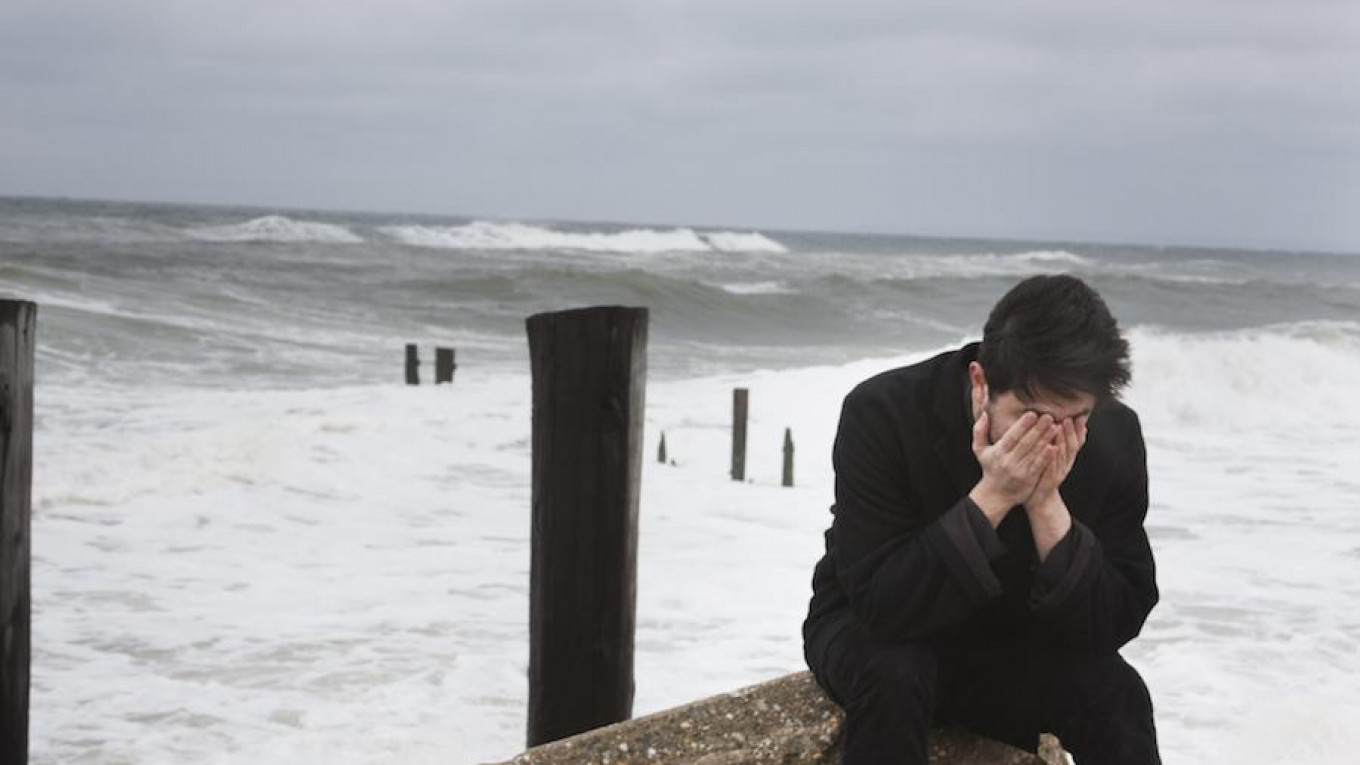Паршивый: mangy
What do a mangy sheep, a one-eyed man, and a beetle have in common? No guesses? Well, oddly enough, they all figure in expressions that have to do with settling with less than the best.
It all starts with a question: Правда, что лучше иметь хоть что-нибудь, чем ничего? (Is it true that it’s better to have something than nothing?) Some people say yes. Others say: Проблема в том, что “хоть что-нибудь” чаще всего ничем не отличается от “ничего” (The problem is that most of the time “something” is the exact same thing as “nothing.”)
The “don’t settle” folks like to quote Omar Khayyam: Ты лучше голодай, чем что попало есть, И лучше будь один, чем вместе с кем попало… (You better starve, than eat whatever/And better be alone, than with whomever.)
But if you’re in the “something is better than nothing” camp, Russian folk expressions are on your side.
Take this pithy expression: с паршивой овцы хоть шерсти клок (even a mangy sheep’s good for a little wool). I came across it in a social media post about American journalists mocking something that a Russian official said. The Russian poster thought the attention was great. Америка нас читает! С паршивой овцы хоть шерсти клок (America is reading us! That’s better than not reading us at all!)
There are a lot of versions of this expression in Russian, like с бешеной собаки хоть шерсти клок (even a rabid dog produces a bit of fur), which some linguists think is the original and was meant to be understood literally. Apparently ancient tribes believed that to cure someone bitten by a rabid dog, you had to take a bit of fur from the biter, burn it, and rub the ash into the wound. So clearly that “something” was better than nothing.
What I can’t figure out: why did the expression remain after everyone died? I mean, the fur wasn’t better than nothing, right?
In any case, if you don’t like the one about the sheep, you might like the one about the thin guy who owes you money: от худого должника хоть мякиной бери (You might as well take even the chaff from a skinny debtor.) That’s clear enough: if he’s so poor he can’t feed himself, forget getting a grain repayment from him.
All of those expressions are for times when you think you ought to settle for less than the best because: лучше мало, чем совсем ничего (better a little than nothing at all).
But there are also expressions for when that “less than best” looks pretty good. For example, if you’ve ever wondered why the obnoxious village kid has such good luck with the ladies, it’s because: в слепом царстве, кривой — король (in the land of the blind, a one-eyed man is king). Or why that local restaurant with the greasy food and terrible service is packed every night: в пустом поле и жук мясо (in an empty field, a beetle is meat). Or how that idiot who barely graduated from high school became the mayor: в безлюдье и Фома дворянин (when there’s no one else, even dumb Tommy is a prince). Or why your neighbor is feeling romantic with his spouse: на безбабье и жена — женщина (in the land of all men, even your wife is a woman).
I think I prefer the mangy sheep.
Michele A. Berdy is a Moscow-based translator and interpreter, author of “The Russian Word’s Worth,” a collection of her columns.
A Message from The Moscow Times:
Dear readers,
We are facing unprecedented challenges. Russia's Prosecutor General's Office has designated The Moscow Times as an "undesirable" organization, criminalizing our work and putting our staff at risk of prosecution. This follows our earlier unjust labeling as a "foreign agent."
These actions are direct attempts to silence independent journalism in Russia. The authorities claim our work "discredits the decisions of the Russian leadership." We see things differently: we strive to provide accurate, unbiased reporting on Russia.
We, the journalists of The Moscow Times, refuse to be silenced. But to continue our work, we need your help.
Your support, no matter how small, makes a world of difference. If you can, please support us monthly starting from just $2. It's quick to set up, and every contribution makes a significant impact.
By supporting The Moscow Times, you're defending open, independent journalism in the face of repression. Thank you for standing with us.
Remind me later.








